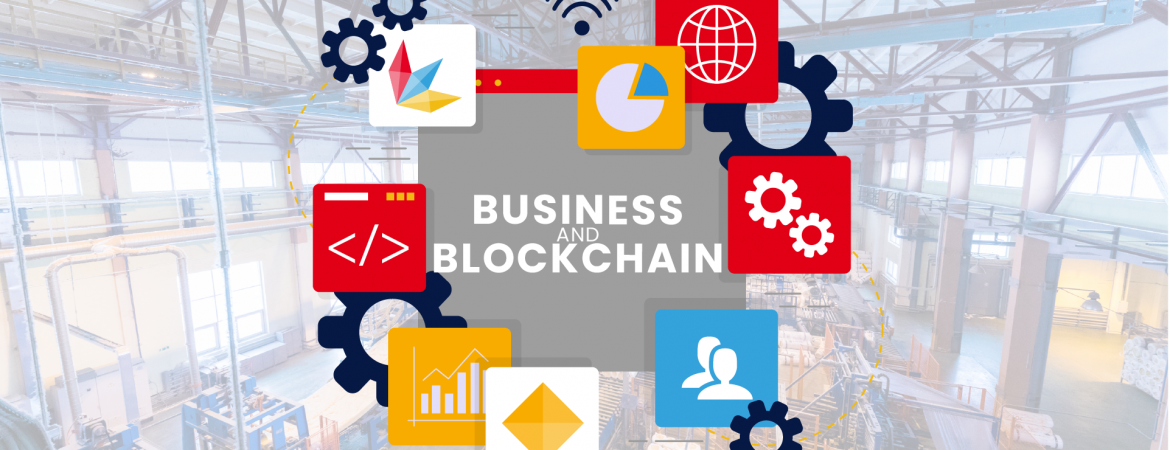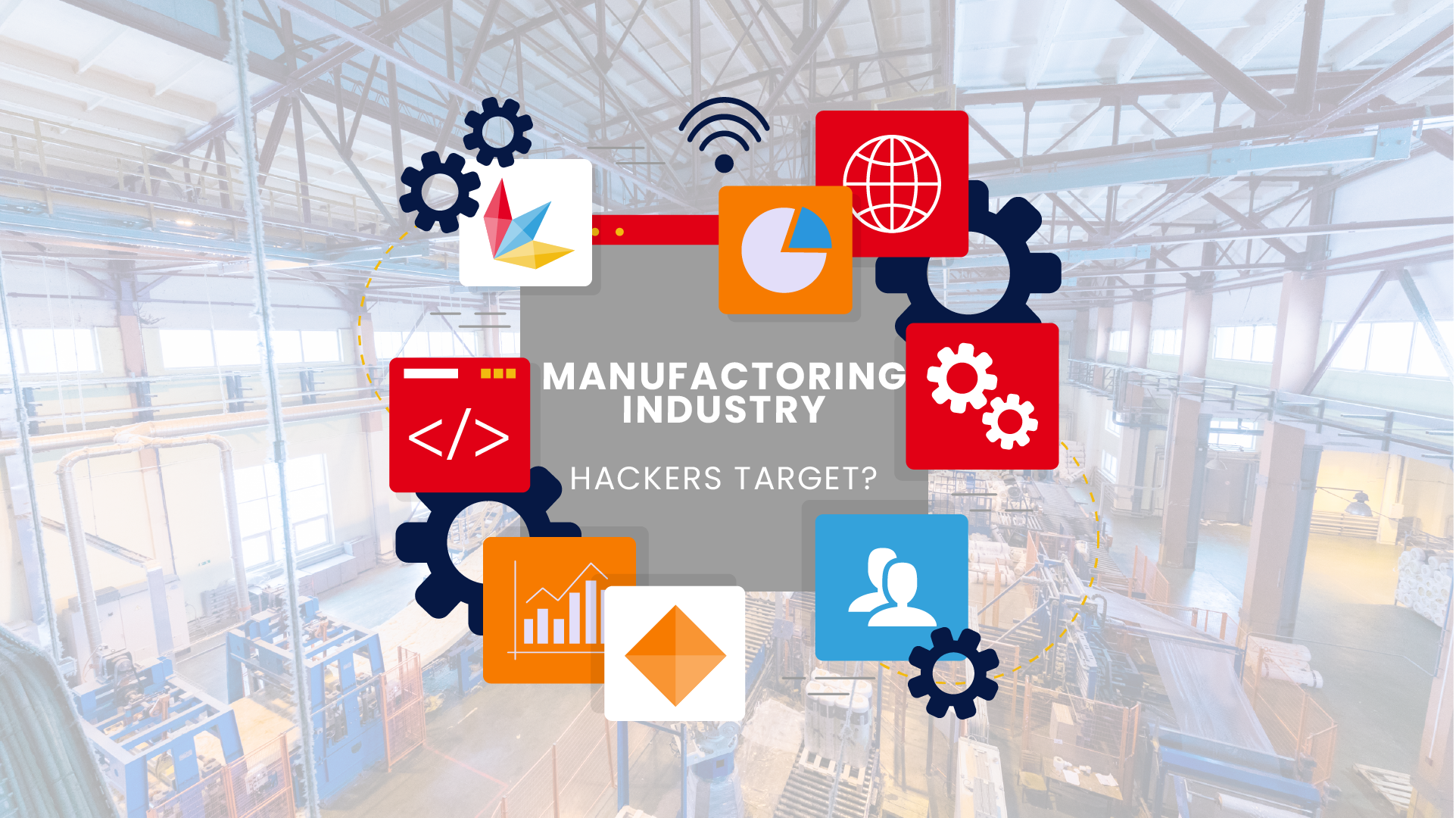What is Blockchain?
The concept of blockchain is far from simple and requires a precise explanation to be fully understood. Blockchain is a distributed ledger technology that enables secure, transparent, and immutable data storage. Each data block is linked to the previous one, forming a chain where information cannot be altered without the network’s consensus. This decentralized system is highly secure because the information is distributed across multiple nodes, making any tampering attempts difficult. Altering information on a single node is much simpler than doing so simultaneously on many nodes.
Only Useful for Cryptocurrencies?
There are several common myths about blockchain that deserve to be debunked. One of these is that blockchain is only useful for cryptocurrencies. While blockchain is the foundation of cryptocurrencies, its applications go far beyond, including supply chain management, smart contracts, and much more. Another myth is that blockchain is completely unchangeable. Although the recorded information is difficult to alter, it is not entirely impossible.
In reality, this system, being inherently very transparent, allows operations at different levels in many sectors. From contract automation (smart contracts) to supply chain management, from international payments to data security, its main characteristics include immutability, transparency, and decentralization, making it ideal for operations requiring high levels of security and trust.
Why Integrate It into Your Business?
Integrating blockchain into your company can offer numerous benefits. Firstly, data security is significantly enhanced through encryption and digital signatures, ensuring that only authorized individuals can access the data. This is particularly useful in sectors like finance and healthcare, where data protection is crucial. Additionally, transparency and traceability are improved as every transaction is recorded and visible to all network participants. This is useful for tracking product origins and preventing fraud.
But we’re not just talking about transparency; operational efficiency also benefits as blockchain can automate processes that would otherwise require manual intervention and third-party mediation. For example, payment reconciliation and contract management can be greatly simplified. This mechanism thus helps operators focus on more complex and important tasks for the company. Finally, blockchain reduces the risk of payment fraud, ensuring that all transactions are secure and automatic, enhancing the reliability of financial operations.
Possible Problems and Solutions
Despite numerous advantages, adopting blockchain presents some challenges. One of the main issues is the cost of implementation, which can be high due to the resources needed to develop and maintain the system. It is therefore crucial to carefully evaluate costs and plan an adequate budget to ensure sustainable implementation. Another issue is scalability: as the number of users and transactions increases, blockchain can become slow and inefficient. However, solutions like the Lightning Network for Bitcoin or other protocol improvements can help mitigate these problems.
Another challenge is the limited adoption of blockchain. For it to function optimally, widespread adoption by all network actors is required. Promoting understanding and education about blockchain within and outside the company can facilitate this adoption.



